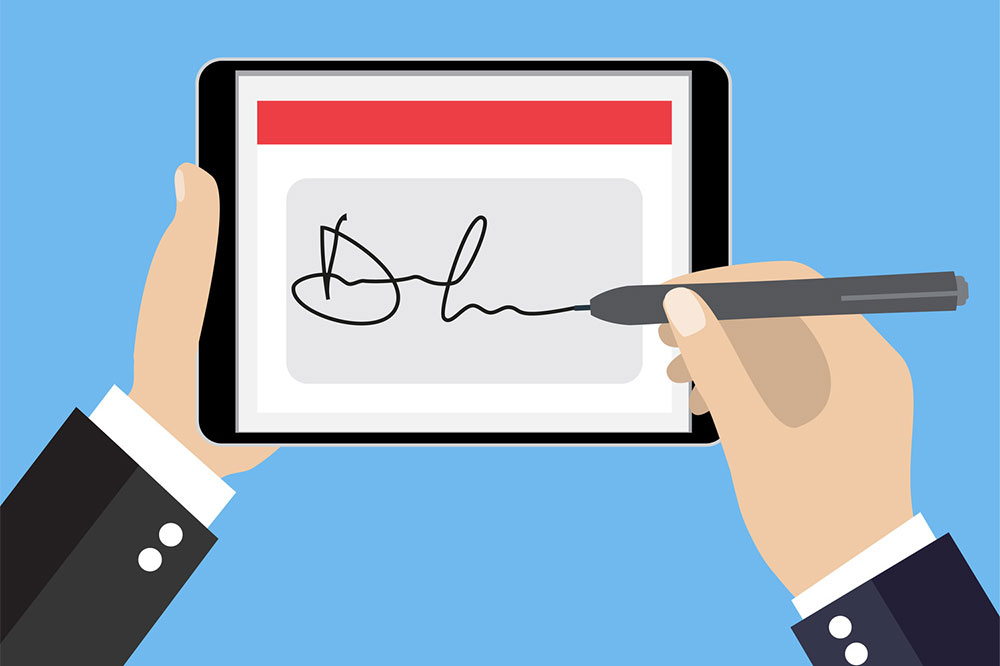Essential Guide to Electronic Signature Software
This comprehensive guide explores electronic signature software, highlighting its functionality, user benefits, legal validity, and applications across various sectors. It emphasizes how digital signing streamlines workflows, reduces paperwork, and ensures legal compliance, making remote document management efficient and secure.

Essential Guide to Electronic Signature Software
With a significant portion of the workforce working remotely, many traditional office processes are being adapted to new digital solutions. Video meetings have replaced in-person gatherings, and learning activities have shifted online. During this shift, various software tools have come into focus, especially those facilitating digital workflows.
Sharing files electronically is now straightforward, regardless of the device or operating system. However, signing documents remotely remains a challenge. Traditionally, signing required printing, signing by hand, scanning, and sending back, which is time-consuming and cumbersome.
To streamline the signing process and eliminate manual paperwork, electronic signature solutions are now widely used. These tools allow users to sign documents digitally with just a few clicks, making remote signing simple and efficient.
What is electronic signature software?
Electronic signature software enables users to digitally sign documents, replacing manual signatures with secure digital marks. These signatures can vary—from handwritten-style marks to cryptographic signatures—based on user preference. The software enhances security through verification layers and securely stores signature data and signed documents, simplifying record-keeping compared to traditional filing cabinets. A common example includes the signatures used on mobile devices for deliveries.
Who can benefit from these tools?
Electronic signature applications are versatile, suitable for educational institutions, businesses, and government agencies. They are particularly valuable for remote teams and organizations aiming to accelerate workflows while reducing paper waste. Any user who needs authenticated approval can leverage these tools efficiently.
Are electronic signatures legally valid?
Yes, signatures created through digital signing tools are legally binding in many jurisdictions. They are recognized in courts of law and often required in legal documentation, providing a reliable way to demonstrate consent and approval.
Using electronic signatures speeds up processes that traditionally involved manual signing, making operations more efficient.










